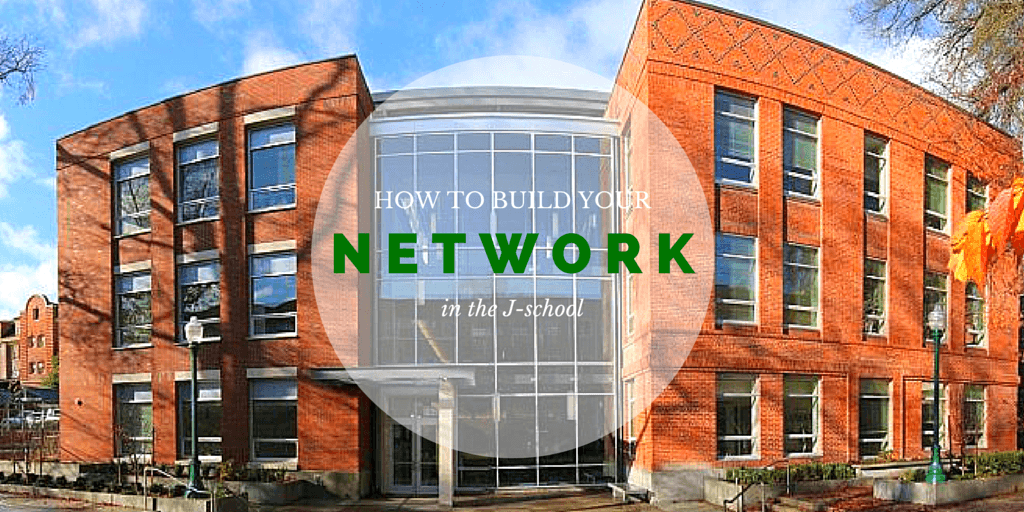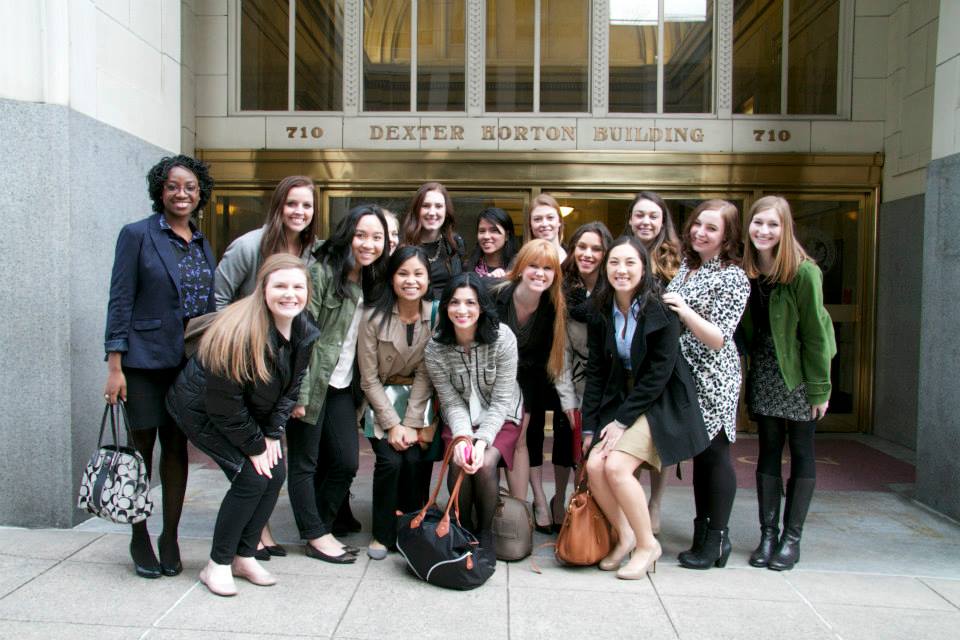As a college student, you need your sleep – there’s simply no other way to put it. You stay up late finishing homework, wake up early to go to class, work during normal business hours, and sometimes decide to go out on the weekends which, yes, takes away from time you could be sleeping. Almost any student can relate to their morning going a little something like this…
It’s 8 a.m., your alarm is buzzing, and you went to bed at 3 a.m. the night before. You drag yourself to the kitchen for coffee and leftover cold pizza, you shower, throw on whatever clothes are nearest, and head to your first class of the day.
As a young adult still in school, you’re allowed to have a messed up sleep schedule and a morning like the one listed above. However, when you’re entering the professional world it’s time to change up the cold pizza for a hearty breakfast and the sweats for a suit. Waking up fifteen minutes before you need to leave isn’t going to cut it anymore. If you’re a senior looking forward to graduating, it’s time to start transitioning to your new professional morning routine:
Check the news, social media, and your emails.
Start your day with making yourself aware of what’s going on in the world today. You don’t want to be the only one who shows up to work and doesn’t know about the latest news, scandals, and tragedies. Especially make sure to check your email; it decreases the likelihood of surprises when you walk into your office.
Eat a well-balanced breakfast!
It’s cliché, but definitely makes a difference. Breakfast jump starts your metabolism and provides you with energy and nutrients that help you concentrate throughout the day.
Work out.
Whether it’s a simple jog, a brisk walk, laps in the pool, yoga, or an intense CrossFit workout, you need to get moving. Working out in the morning boosts your endorphins, which results in a better mood for the day. It also relieves stress, keeps your metabolism elevated, and helps keep you focused.
Plan.
Writing out your plans for the day can really increase productivity. When you fail to plan, you plan to fail. Making a to-do list, writing out your meetings and phone calls, and writing down deadlines will help you remember them. Seeing your day on paper or a computer calendar helps mentally prepare you for what’s to come.
Get your hardest task for the day out of the way.
Putting off the most difficult job can sometimes seem like the better path to take, but it’s not. Often you’ll end up procrastinating too much and it’ll hang over your head, daunting you. If you make it priority number one, tackle the job and get it out of the way, the rest of your tasks for the day will seem small and easy in comparison.
Brooke Adams is a junior transfer student, majoring in Public Relations and minoring in Business Administration. Brooke is a native Oregonian, avid coffee drinker, and music lover. Follow her on Twitter @BrookeIAdams.
















